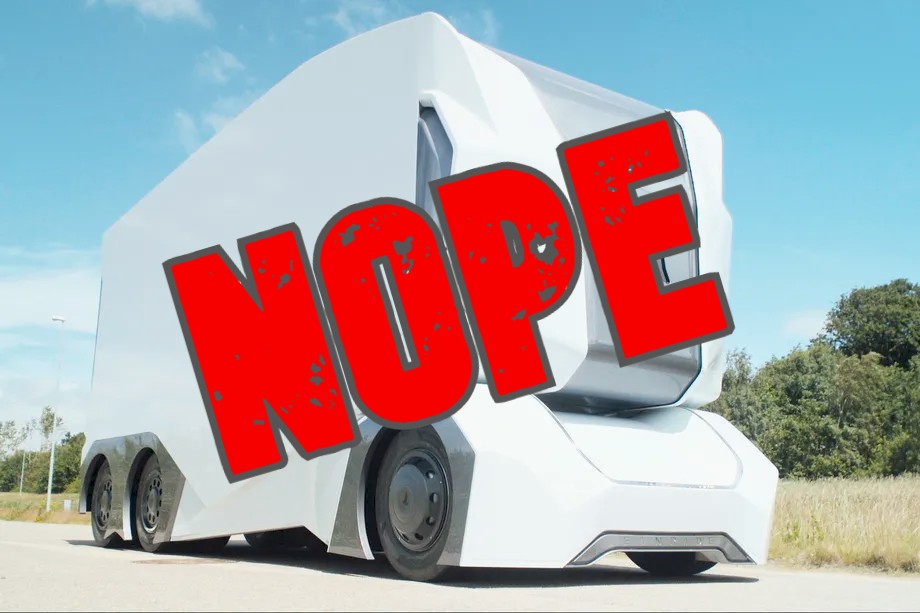
A huge national security breach left people in multiple states struggling to get gasoline and diesel fuel a week ago. The hack revealed vulnerabilities in transportation network of the United States.
But a hack on this level could have been worse. Imagine if the vehicles themselves were all run by computer networks. Or if the trucks that deliver all essential goods were subject to a hack…
What Happened to Our Fuel?
On Friday, May 7th, the hacker group DarkSide (probably from Star Wars and not Pink Floyd) used ransomware to attack the Colonial Pipeline. Ransomware denies the access to computer systems unless a payment is made to the attacker.
The result of the attack on the Colonial Pipeline was a drastic reduction in available fuel, especially in the South and East Coast. Many of these areas saw long lines at fuel stations and rising prices as demand surged.
The Colonial Pipeline carries 2.5 million barrels each day. This makes up almost 45% of the East Coast’s supply of fuel.
For their part, DarkSide wrote, “Our goal is to make money and not creating problems for society.” So… thanks for that?
President Biden reassured Americans, “The agencies across the government have acted quickly to mitigate any impact on our fuel supply.”
In order to reduce the impact of the fuel restrictions, the FMCSA issued an Hours of Service waiver (across 17 states), which would allow tanker drivers hauling fuel to drive beyond the regular hours.
The Autonomous Nightmare
It comes as no surprise for truck drivers to hear that many companies are developing autonomous driving technology. Companies like Tesla, separate from electric vehicle technology, are also working on cars and trucks that drive themselves.
If trucking companies didn’t have to pay drivers, this could theoretically save them millions of dollars. Some drivers fear that their job could become obsolete within ten years.
The recent hack by DarkSide should put autonomous driving in perspective. If hackers were able to stop fuel from being distributed, they could potentially stop food and medical supplies from delivery if they gained control of autonomous vehicles.
There are also national security implications of driverless vehicles controlled from a central station.
The lesson is that our transportation network is not nearly as secure as autonomous companies would like the public to believe. Human truck drivers are essential. And the job will be around for a long, long time.
